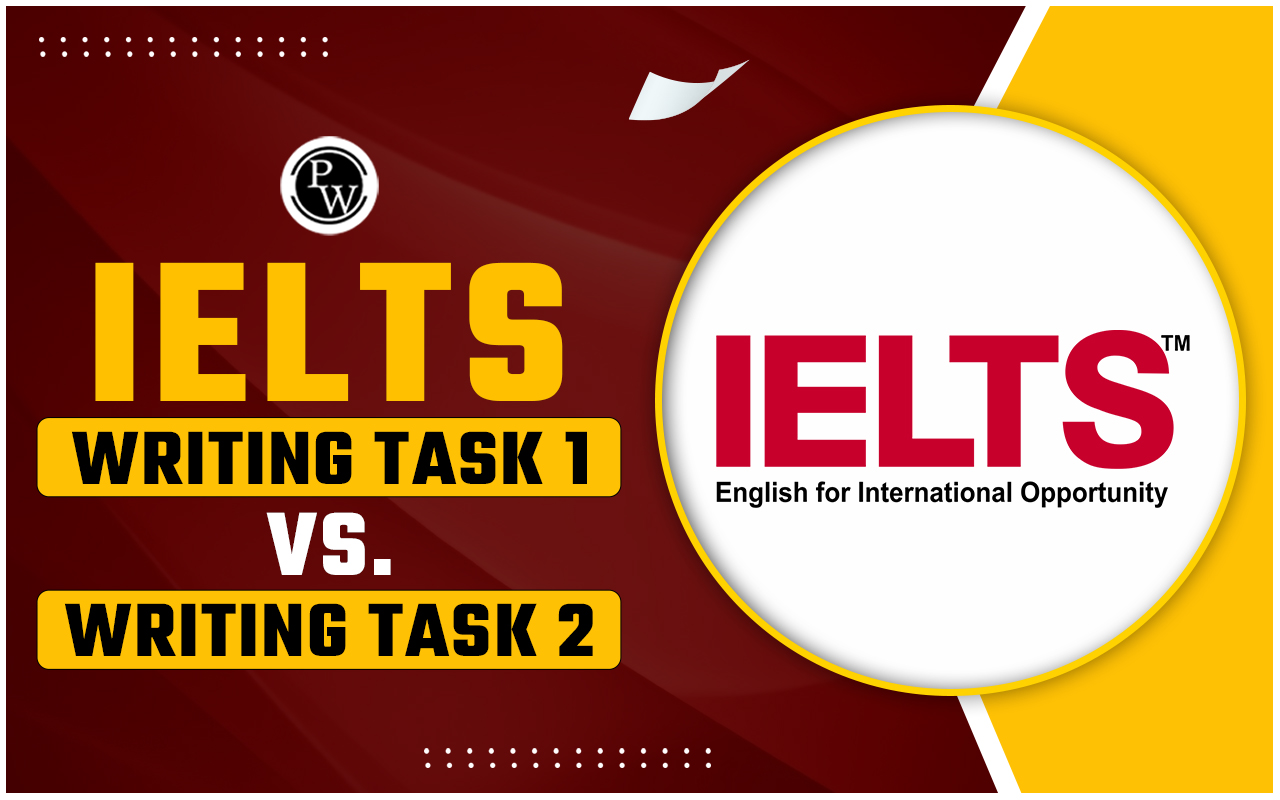

Canada Intakes 2025: Canada is a top choice for international students, offering a world-class education system, a multicultural environment, and strong career opportunities. If you're planning to study in Canada in 2025, understanding the available intakes is essential. Unlike some countries with a single academic cycle, Canadian universities and colleges offer three intakes: Fall (September), Winter (January), and Summer (May).
Each intake has unique advantages. The Fall intake is the most popular, offering the widest range of courses and scholarships. The Winter intake provides a second opportunity for admissions, though with fewer programs. The Summer intake is ideal for short-term courses and diplomas.
Choosing the right intake depends on your academic preparedness, course availability, and personal preferences. This guide will help you explore the best intake for your study plans, ensuring a smooth transition into Canada’s dynamic academic landscape.
Read More: Reasons To Study In Canada For Indian Students
Canada Intakes 2025 Overview
Before selecting an intake, it is important to understand their timelines and availability. Below is an overview of the different intakes offered by Canadian institutions.
|
Canada Intakes 2025 Overview |
|||
|---|---|---|---|
|
Intake |
Start Month |
Application Deadlines |
Availability |
|
Fall Intake |
September |
December 2024 - March 2025 |
Most programs available |
|
Winter Intake |
January |
September 2024 - November 2024 |
Limited programs available |
|
Summer Intake |
May |
October 2024 - February 2025 |
Few programs available |
Types of Canada Intakes 2025
Canada offers three major intakes for international students: Fall (September), Winter (January), and Summer (May). Unlike countries with a single academic cycle, these multiple intakes provide students with greater flexibility in planning their studies. Each intake has its own benefits, deadlines, and course availability, making it essential to choose the right one based on your academic goals and personal preferences. Understanding these intakes will help you strategize your application process and secure admission to your desired university or college in Canada.
1. Fall Intake (September Intake)
The Fall intake is the primary and most preferred intake for international students. It offers a wide range of programs and the best opportunities for scholarships and internships.
-
Primary intake and the most popular among international students.
-
Offers the largest selection of courses and programs.
-
Provides opportunities to engage in extracurricular activities, cultural events, and internships.
-
Application Deadlines: Generally between December 2024 to March 2025, varying by institution.
2. Winter Intake (January Intake)
The Winter intake serves as a secondary option for students who missed the Fall intake. Although fewer programs are available, they still provide good academic opportunities.
-
Secondary intake with fewer program options than the Fall intake.
-
Suitable for students who need more time to prepare or missed the Fall intake.
-
Smaller class sizes provide personalized attention from professors.
-
Application Deadlines: Typically between September 2024 to November 2024.
3. Summer Intake (May Intake)
The Summer intake is the least common and is primarily for short-term courses, diplomas, and specific programs.
-
Least common intake with limited course availability.
-
Mostly diploma, certificate, and short-term programs are offered.
-
Offers flexibility and unique programs such as internships and field courses.
-
Application Deadlines: Generally between October 2024 to February 2025.
Benefits of Different Canada Intakes 2025
Choosing the right intake is a crucial step in your journey to studying in Canada. Each intake—Fall (September), Winter (January), and Summer (May)—offers unique benefits, from program availability to scholarship opportunities and career prospects. The Fall intake provides the most options, while the Winter intake offers flexibility for those who need more time to apply. The Summer intake is best suited for short-term courses and diplomas. Understanding the advantages of each intake will help you make an informed decision and maximize your study experience in Canada.
Benefits of Fall Intake (September)
The Fall intake is the most popular and widely preferred intake among international students. It offers the maximum number of programs, making it easier to find a course that aligns with your academic and career goals.
-
Largest intake with a wide range of courses – Almost all universities and colleges open their full set of programs, providing students with more options to choose from.
-
More scholarship opportunities and campus placements – Many universities offer scholarships and funding in the Fall intake, making education more affordable. Additionally, recruitment for internships and part-time jobs is at its peak.
-
Best weather conditions for newcomers – Arriving in Canada during Fall allows students to adjust gradually to the colder climate before winter sets in, making the transition smoother.
Benefits of Winter Intake (January)
The Winter intake serves as a second chance for students who missed the Fall intake. While fewer programs are available, it still offers excellent opportunities for students.
-
Smaller class sizes mean more personalized learning – With fewer students enrolling in the Winter intake, professors can provide more individual attention, enhancing the learning experience.
-
Easier to find housing due to lower competition – Since fewer students start their studies in January, it’s often easier to find accommodation at affordable rates.
-
Allows participation in winter activities like skiing and ice skating – For those who love adventure, starting in the Winter intake means experiencing Canada’s famous snow sports and winter festivals.
Benefits of Summer Intake (May)
The Summer intake is the least common but is perfect for students who want to enroll in short-term courses, diploma programs, or specialized training.
-
More flexibility for students balancing work or other commitments – Since fewer students apply for this intake, it’s ideal for those who need a lighter academic load while working or handling personal responsibilities.
-
Opportunity for quicker graduation through accelerated programs – Some universities offer fast-track courses during the Summer intake, allowing students to complete their studies sooner.
-
Availability of specialized programs not offered in other intakes – Certain universities introduce niche or industry-specific programs exclusively during the Summer term, providing unique learning opportunities.
Each intake has its own set of advantages, and selecting the right one depends on your academic goals, course availability, and personal circumstances. Planning ahead and applying within deadlines will help you secure admission and enjoy a seamless transition into your studies in Canada.
Choosing the Right Canada Intakes 2025
Selecting the right intake depends on multiple factors. Consider these aspects when making your decision:
-
Program availability: Check if your preferred course is available in a specific intake.
-
Academic records and entrance scores: Ensure your exam results are ready before application deadlines.
-
Visa processing time: Apply for a visa early to avoid last-minute delays.
-
Job and internship opportunities: Fall intake generally offers more opportunities.
-
Weather preferences: Students who prefer warmer temperatures may choose Fall or Summer intake.
Application Process for Canada Intakes 2025
To successfully apply for a Canadian intake, follow these essential steps:
-
Research Universities and Programs: Find a program that aligns with your career goals.
-
Check Eligibility: Review admission criteria such as GPA, language proficiency (IELTS/TOEFL), and standardized test scores.
-
Prepare for Exams: Take required tests well in advance.
-
Submit Applications: Apply before the deadline with the required documents (SOP, LORs, transcripts, resume, etc.).
-
Await Admission Decision: If accepted, confirm your seat by paying the tuition fee.
-
Apply for a Student Visa: Begin the visa process as soon as you receive the admission letter.
-
Plan Your Travel and Accommodation: Arrange housing and book flights accordingly.
Enroll now for the IELTS online courses by PW
What If You Miss the Application Deadline?
Missing the application deadline for your desired intake can be stressful, but it doesn’t mean your dream of studying in Canada is over. There are still several options available, depending on how late you are and the flexibility of the universities you’re applying to. You can explore alternative intakes, apply to universities with rolling admissions, or even defer your admission to the next available session.
-
Some institutions offer flexible deadlines for diploma and postgraduate diploma courses if seats are available.
-
Contact your institution for late admission options or last-call applications in April and May.
-
Consider applying for the next available intake instead of rushing the process.
Studying in Canada in 2025 requires careful planning and timely application. The Fall intake remains the most preferred, while Winter and Summer intakes provide alternative options. Understanding deadlines, eligibility criteria, and the benefits of each intake will help you make an informed decision. For personalized guidance, consider booking a consultation with an educational advisor to maximize your chances of success in your study abroad journey.
IELTS PW Online Courses
Physics Wallah provides the best online IELTS course for all sorts of students. This course was designed by highly qualified faculty members to help applicants prepare for the IELTS test. The IELTS test is offered in two formats: IELTS Academic and IELTS General Training. Physics Wallah provides different IELTS preparation classes for the Academic and General Training tests. Students wishing to study in countries that speak English should take the Academic IELTS Online Course. Students who desire to move to countries that speak English for jobs should take the General IELTS Online Course.
Canada Intakes 2025 FAQs
Q. Which intake is best for studying in Canada?
Ans. The Fall (September) intake is the best as it offers the most courses, scholarships, and job opportunities. However, the Winter (January) intake is a great alternative, and the Summer (May) intake is ideal for short-term programs.
Q. When should I apply for the Fall 2025 intake?
Ans. Applications for the Fall 2025 intake typically open between August and December 2024, with deadlines ranging from December 2024 to March 2025, depending on the university.
Q. Can I apply for multiple intakes in Canada?
Ans. Yes, you can apply for multiple intakes, but you must submit separate applications based on university deadlines and program availability.












